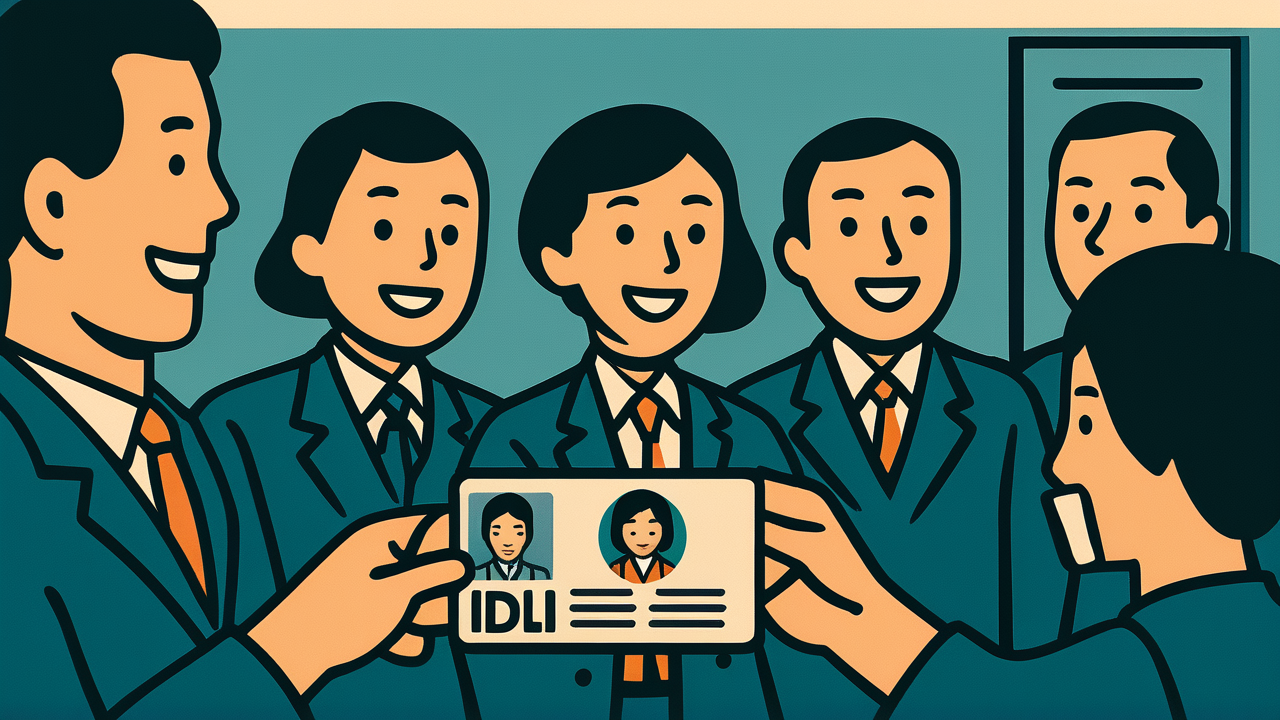[Disclaimer] This article is reconstructed based on information from external sources. Please verify the original source before referring to this content.
News Summary
The following content was published online. A translated summary is presented below. See the source for details.
Japan’s Digital Agency has updated its “My Number Card Info” resource portal for private businesses, adding new implementation guides and case studies. The portal serves as a comprehensive hub for companies looking to integrate Japan’s national digital ID card system into their services. Recent additions include Volume 84 featuring Bengo4.com’s CloudSign electronic contract service with My Number Card signature functionality. The portal now contains over 80 detailed implementation examples from major Japanese companies across industries including banking, insurance, telecommunications, healthcare, and entertainment, demonstrating practical applications of the My Number Card’s digital authentication capabilities for customer verification, contract signing, and service delivery.
Source: Digital Agency Japan
Our Commentary
Background and Context

The My Number Card is Japan’s official digital identification system, launched in 2016. Think of it as a super-powered ID card that combines your physical ID with digital certificates stored on a chip. The Japanese government created this system to make life easier for citizens and businesses by reducing paperwork and enabling secure online services.
The Digital Agency, established in 2021, is now pushing hard to expand the card’s use beyond government services. They want private companies to adopt it too, creating a unified digital ecosystem where one card can handle everything from opening bank accounts to signing contracts online.
Expert Analysis
The rapid adoption by major companies signals a significant shift in Japan’s digital landscape. When giants like NTT Docomo, Seven Bank, and Rakuten implement My Number Card authentication, it creates a domino effect throughout their industries.
The technical implementation involves JPKI (Japanese Public Key Infrastructure), which provides secure digital certificates for identity verification. This technology ensures that online transactions are as secure as in-person ones, addressing long-standing concerns about digital fraud in financial services.
From a business perspective, companies benefit from reduced verification costs, faster customer onboarding, and compliance with Japan’s strict identity verification laws. The standardization also means customers don’t need to remember multiple passwords or go through different verification processes for each service.
Additional Data and Fact Reinforcement
The resource portal now features 84 detailed case studies covering diverse applications:
• Financial Services: Major banks like Chiba Bank use it for high-value transfers, while securities firms like Nomura enable same-day account opening
• Telecommunications: Mobile carriers implement instant SIM card activation and contract verification
• Healthcare: Hospitals automate patient check-in and insurance verification processes
• E-commerce: Online marketplaces verify seller identities for fraud prevention
Recent statistics show that over 70% of Japan’s population now holds a My Number Card, up from just 30% in 2020. This critical mass makes business adoption increasingly attractive.
Related News
The expansion comes as Japan prepares for the 2025 Osaka Expo, where digital services will play a central role. The government recently announced plans to integrate My Number Cards with driver’s licenses by March 2025, creating an all-in-one digital wallet.
Neighboring countries are watching closely. South Korea’s digital ID system and Singapore’s SingPass are exploring interoperability with Japan’s system, potentially enabling cross-border digital services in the future.
Summary

The My Number Card Info portal represents more than just a resource collection—it’s a roadmap for Japan’s digital transformation. By providing detailed implementation guides and real-world examples, the Digital Agency is effectively lowering barriers for businesses to join the digital ecosystem.
For students interested in technology careers, this represents the future of digital services: secure, convenient, and universally accessible. Understanding these systems now will be crucial for tomorrow’s developers, business leaders, and policymakers.
Public Reaction
Business leaders have largely welcomed the expanded resources. The Japan Business Federation reported that 85% of surveyed companies plan to implement My Number Card services within two years. However, privacy advocates continue to express concerns about data centralization, leading to ongoing discussions about safeguards and user control.
Young professionals particularly appreciate the convenience, with dating apps and job platforms seeing increased user trust when My Number verification is available. The “singles certificate” feature on Tapple has become surprisingly popular, showing how digital verification can address social needs beyond traditional business applications.


